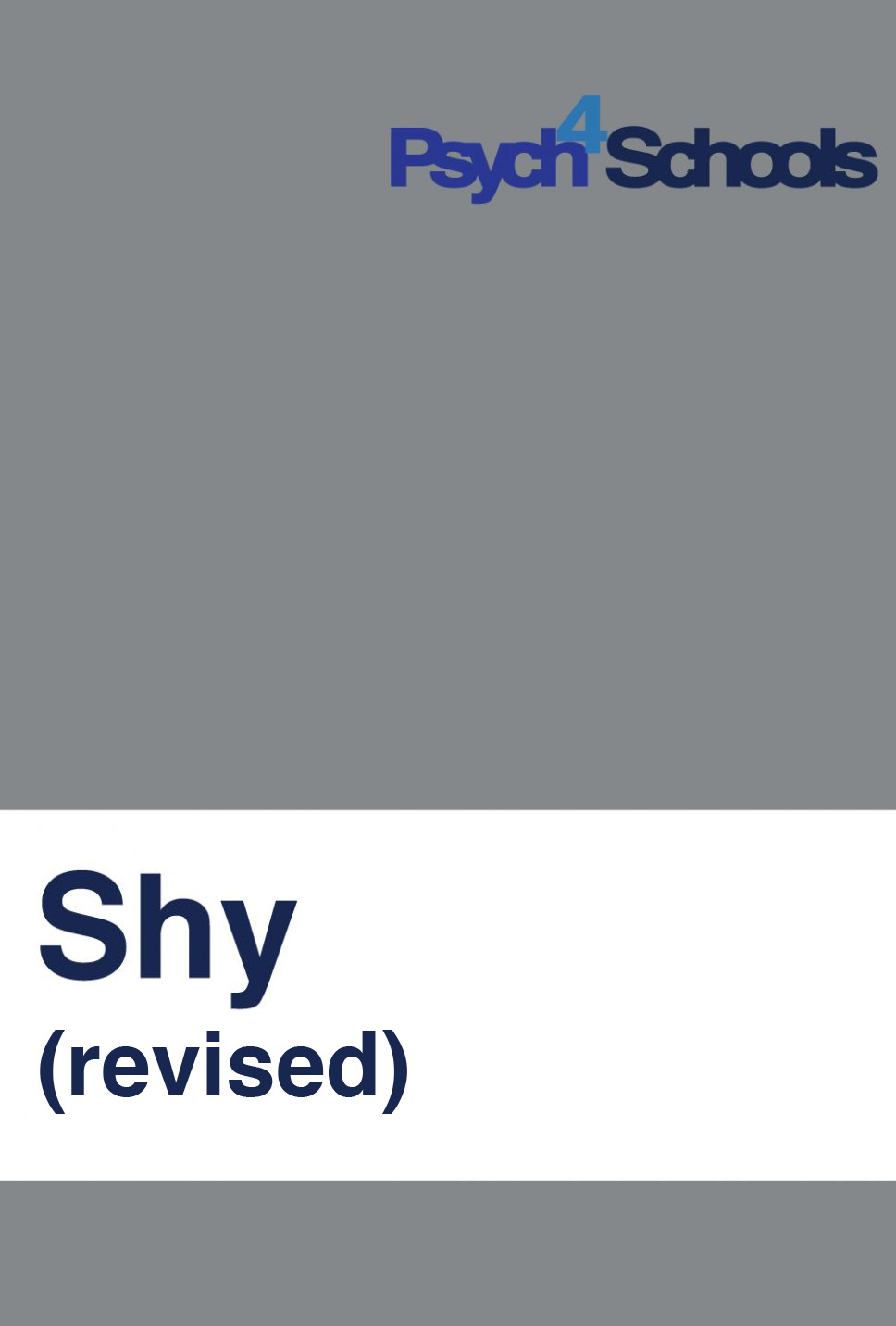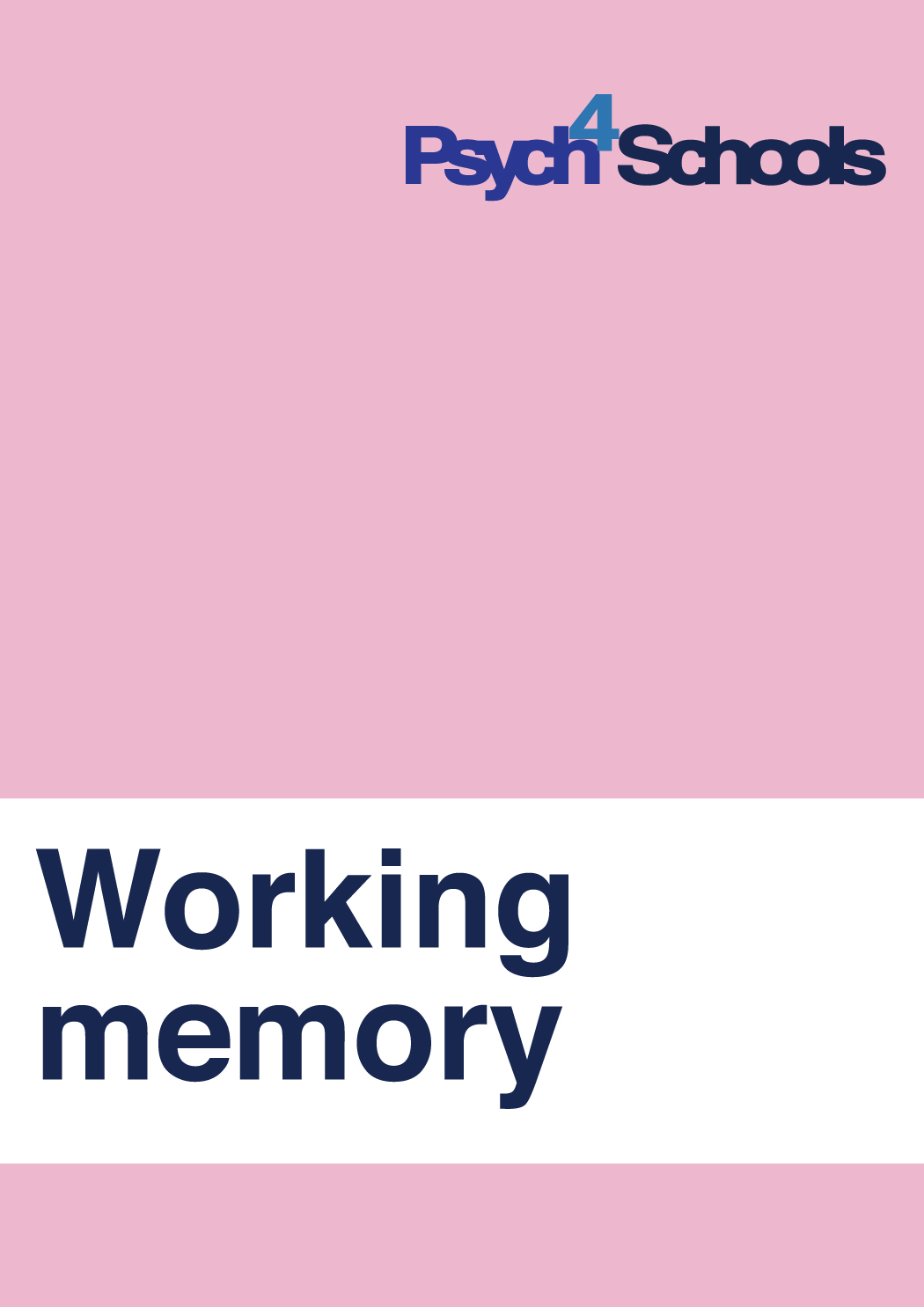Shy (revised)
The following is an excerpt from the ebooklet Working with children who are shy by Murray Evely and Zoe Ganim.
Introduction
Feeling shy can be a normal part of a child or young person’s life, especially when new people or situations are encountered. However, shyness becomes a concern when it occurs in most situations and interactions, and interferes with relationships and schoolwork, or if the child is frequently nervous, socially anxious or withdrawn.
At school, children who are shy might:
- display low levels of confidence
- have a quiet, softly spoken voice
- avoid or resist speaking and participating in social situations
- say as few words as possible
- display self-consciousness or nervous behaviours indicating discomfort in the presence of others, such as, lip biting, swallowing, hand wringing, trembling or a changed breathing pattern
- avoid eye contact and look away when spoken to
- hover near a group of children without joining in
- have difficulty initiating or joining in a game, even when they have been asked
- show interest in what’s going on, but prefer to watch from the sidelines
- avoid drawing attention to themselves, preferring not to be noticed
- follow instructions but prefer not to respond verbally.
Why are children shy?
There are a variety of reasons why children might be shy. Shyness may be a personality trait, forming part of the child’s temperament. That is, some children are born with a biological predisposition to being shy and feeling uncomfortable in novel situations.
In addition, it may arise from:
- experiencing a new situation or meeting a new person
- feeling uncomfortable at home, at school or in other social situations
- not fully separating from a parent
- living with a shy, anxious or overbearing parent
- in some cases, shyness, may be partly attributable to a previous trauma.
Why might shyness be a problem?
There is nothing inherently wrong with children being shy and reserved in some social situations. However, shyness is a type of communication anxiety. Shy children tend to spend less time in social situations and therefore less time learning from their peers.
The shy child would prefer to join in with peers, but fears negative judgment.
They often worry about being nervous when interacting with others, because they doubt themselves and their level of skill or confidence.
This reduces the child’s coping strategies and resilience. Shyness in childhood can predict later anxiety,[1]Hudson, J., Anxiety Disorders in Children: Aetiology, Assessment and Treatment. Keynote Address, Anxiety in Children. Royal Children’s Hospital … Continue reading including other social emotional issues, in adolescence and adulthood.
Shyness may be perceived by others as unfriendliness and can lead to misunderstandings and social problems in peer groups. Sometimes shy children can be rejected by the peer group because of their lack of involvement. This can have negative effects on the child’s self-esteem. They can then become targets for bullying.
It is important to rule out other possible causes of a child’s shy behaviour, for example, vision or hearing loss or speech delay. Discussion with parents and previous teachers is important in excluding these possibilities.
Caution
Where shy behaviours are believed to be associated with depression, selective mutism, or autism, the teacher should discuss their observations and concerns with an assistant or deputy principal or wellbeing teacher, and parents for consideration in planning further action.
Teachers should refrain from saying a child’s shyness may be associated with a specific condition, unless this diagnosis has been substantiated by a psychologist, another allied health professional or medical specialist.
When to seek further assistance
When shyness is impeding adversely on a child’s social interactions, emotional development or schoolwork, professional help from a psychologist might be required. Parental consent will be required for such referrals. However, there are many strategies teachers can use in the classroom to help a child to become more confident and to reduce anxiety related to shyness.
Strategies to support the child who is shy
- Never call a child ‘shy’. The label can become internalised, typically leading to increased withdrawal. Ensure others do not label or tease the child—deal with this if it occurs. Remember that ongoing teasing, either intermittent or frequent, may constitute bullying.
- Be thoughtful about your relationship with the child. Show empathy, warmth and understanding when engaging with the child.
- Build a trusting relationship. Spend several minutes daily talking privately with the child. Display empathy and identify and name feelings, ‘This might be a bit scary for you, but you are in a safe, friendly class.’ Be friendly and open. Tell the child about a time you felt nervous, such as starting school, making new friends or speaking in public. Explain how it felt and how you overcame the feelings, such as telling yourself that shy feelings will eventually fade.
ISBN 978-1-921908-40-8
Copyright © Murray Evely and Zoe Ganim 2017
No part of this excerpt may be reproduced or reprinted without permission in writing from the publisher.
Click here to read copyright details, summary of the licence and terms and conditions to use and reproduce our digital materials granted to authorised users.
References
This article is an excerpt from the ebooklet Shy (revised).
Download the complete ebooklet for full access to strategies and resources, including:
- General strategies
- Building confidence and reducing shyness ladder for the younger child
- Strategies for the older child
- Building confidence and reducing shyness ladder for the older child





